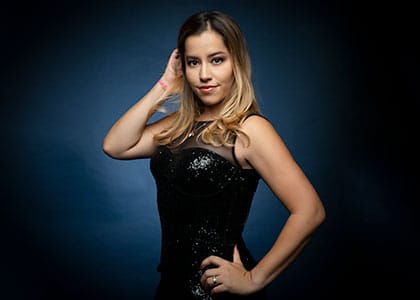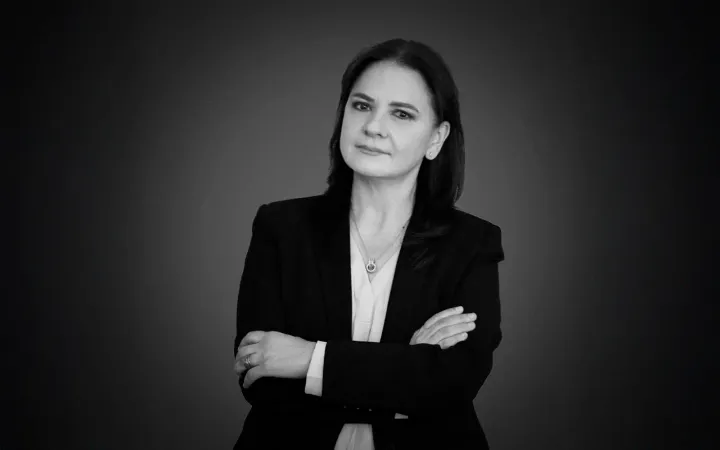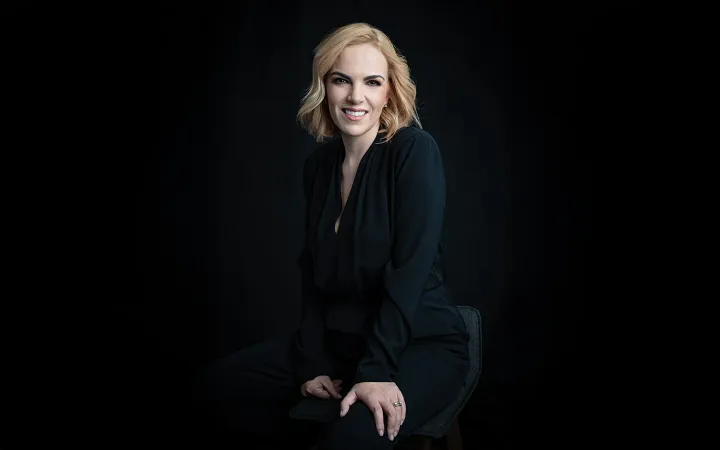
Por Pamela Sandoval
Hace poco mientras leía la entrevista que El País realizó a Jane Ginsburg, profesora de la Universidad de Columbia, hija de la jueza del Tribunal Supremo de EE UU e icono feminista Ruth Bader Ginsburg quien reflexionaba sobre la evolución del debate en torno a la autoría recordé las primeras controversias sobre la fotografía: una tecnología que, al igual que la IA hoy, desafió nuestras nociones preexistentes de creación y expresión.
En aquel entonces, el Tribunal Supremo de Estados Unidos reconoció la autoría en la fotografía, argumentando que, a pesar de la intervención mecánica, las obras fotográficas reflejaban "ideas en la mente del autor" dándoles una "expresión visible".
Este precedente histórico nos ofrece un prisma a través del cual examinar el dilema contemporáneo de las obras generadas por IA. Ahora nos enfrentamos a un escenario en el que las obras creadas por sistemas de inteligencia artificial cuestionan nuevamente nuestras definiciones de originalidad y creatividad. Sin embargo, la situación actual con la IA agrega capas adicionales de complejidad, ya que estos sistemas pueden producir obras con una aparente autonomía que desafía la intervención humana directa. Este es un punto de inflexión en nuestra comprensión de la creatividad, impulsando un debate crucial en el campo del derecho de autor.




